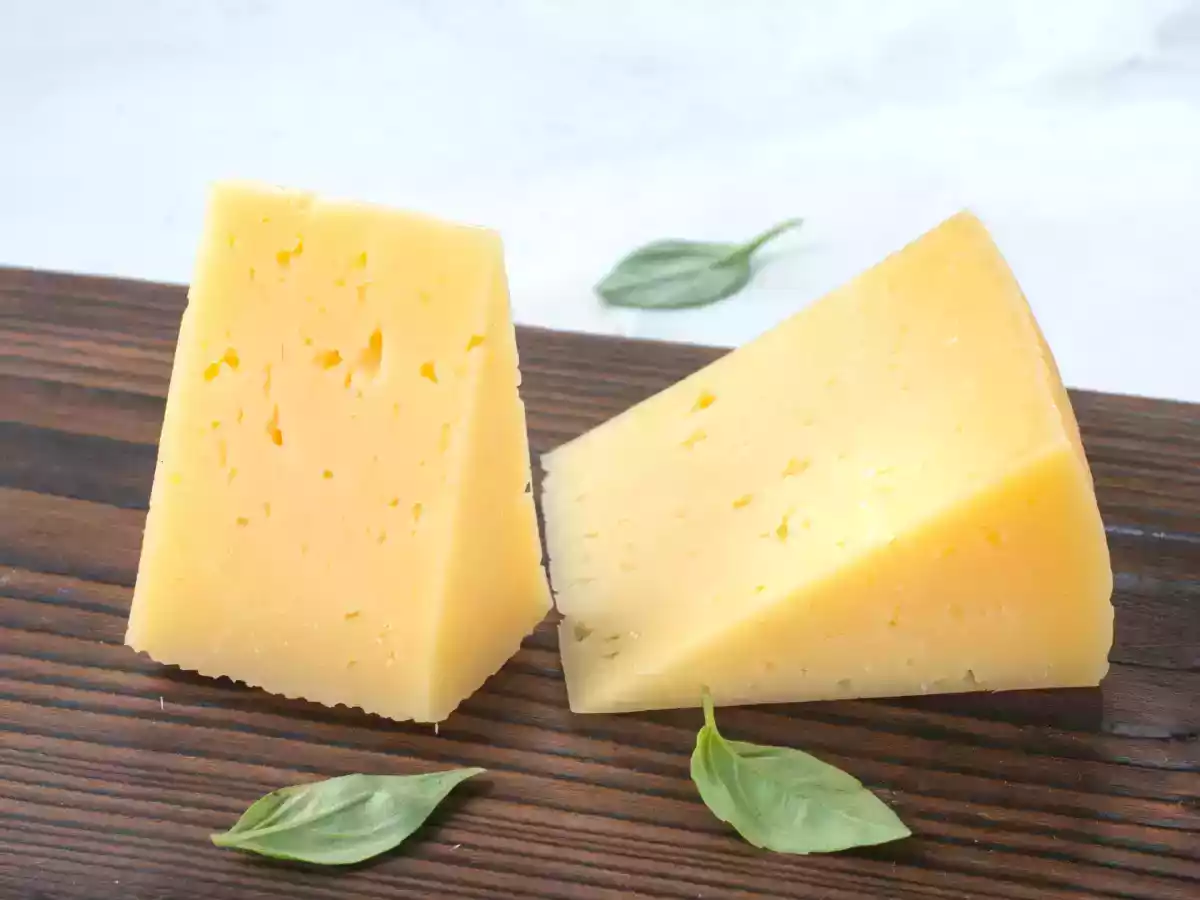11 low lactose cheeses that you can enjoy if you are lactose intolerant - no hassle!

Lactose intolerance affects approximately 65% of the world's population. People with this condition lack lactase, the enzyme that digests lactose, which causes digestive discomfort such as bloating, gas, diarrhea and cramping after consuming dairy products.
It is important not to confuse lactose intolerance with milk allergy: while intolerance only causes digestive problems, allergy is an immunological reaction to milk proteins and can be severe. Lactose intolerant people can consume lactose-free products, while allergic people should avoid any dairy derivatives.
The good news is that if you are intolerant and love cheese you don't have to deprive yourself of it (at least not all of it). Fortunately, today there are many lactose-free cheese options that preserve the taste and texture of traditional cheese. Here is a list of ideal options for those looking to enjoy cheese without the hassle.
List of low lactose cheese
- Buffalo Mozzarella: Although fresh, authentic buffalo mozzarella PDO is well tolerated due to its natural characteristics and low lactose content.
- Parmigiano-Reggiano: The famous Italian Parmesan is elaborated through a long and rigorous process, which practically eliminates all lactose. Ideal for grating on any dish.
- Camembert: This creamy, high-fat, two-month aged French cheese can be well tolerated in small quantities.
- Cured Goat Cheese: Goat's milk is more digestive, and its cheeses, especially the aged versions, are usually better tolerated.
- Cured Cheddar: This famous British cheese, especially in its artisanal versions, has almost zero lactose content due to its ripening process.
- Gruyère: The Swiss classic made in the canton of Fribourg contains no lactose thanks to the action of bacteria that metabolize it into lactic acid during ripening.
- Idiazábal: This Spanish cheese made from sheep's milk is characterized by its intense flavor and low lactose content, thanks to its long maturation.
- Tête de Moine: This Swiss semi-cured cheese is presented in fine rosettes and, as it is matured, it hardly contains any lactose, making it perfect for tasting without fear.
- Cured Manchego: Manchego cheese in its mature version has an intense flavor and a very low lactose content, ideal for demanding palates.
- Roquefort and other blue cheeses: Blue cheeses such as Roquefort have very low levels of lactose due to their prolonged fermentation process.
- Comté: With a flavor and texture similar to Gruyère, Comté is another matured French cheese that is easy to digest for lactose intolerant people.
Factors to consider:
Not all cheeses are the same, so if you suffer from intolerance pay attention to the following tips to choose the most "friendly" options and make your digestion much lighter.
* Avoid "fake" cheeses. Those products that are called "special gratin" or "special pizza" are often substitutes loaded with starches, sugars or added fats. Instead, opt for real, quality cheeses.
* Less sugar equals less lactose. So read the label carefully.
* Fatty cheeses have less lactose.
* Very aged and long-ripened cheeses have less lactose.
* Goat cheeses and fresh cheeses are better digested.
* Consume cheese in small doses and better accompanied by other foods. This will reduce discomfort.
Now that you know these tips, you will be able to enjoy certain cheeses without fear of suffering uncomfortable discomfort.



Comments